Why Do Toddlers Throw Things & How to Stop Them?
- Why Toddlers Throw Things or Hit?
- Problems That Can Occur Due to Throwing Things
- How You Can Cope With It?
- When to Consult a Doctor?
- FAQs
As babies grow, so do their motor skills. However, actions like throwing things or hitting people can make little sense to parents. The fact is, the developmental milestone of toddlers throwing things has less to do with behavior problems and more to do with being unable to voice their emotions.
Your baby means the world to you and every new thing he learns fills you with pride. Yet, there are there times when you can’t make sense of his behaviour! Even well-behaved toddlers can act out and throw things, may be even hit someone for no apparent reason! As frustrating and seemingly alarming as this can be, the good news is that there’s nothing to be worried about.
Why Toddlers Throw Things or Hit?
Toddlers throwing things or hitting can be a perplexing and frustrating behavior for parents. Understanding the reasons behind these actions is essential for effectively addressing and managing them. According to the CDC, here are the reasons a toddler may throw things (1).
1. It’s a Way of Expression
Just because your toddler has started communicating with you, it doesn’t mean that he’s proficient in the art of expressing his feelings through words. There are a number of emotions that he goes through but is unable to express them. They could be anything from feeling tired to being hungry. Acting out is also a way to seek attention.
2. It’s a Part of Exploring
As your child grows, so does his curiosity about his surroundings. Once he learns to throw things, he becomes very curious about what happens when something is tossed. The same holds true for hitting. Your toddler may want to gauge a person’s reaction. Since children learn by repeating and experimenting, he starts following this pattern.
3. It’s Just for Fun
Before associating hitting and throwing things with behavioural problems in your toddler, take the time to assess the situation. He could be doing it for fun too. Once he learns to throw things, he could enjoy watching them bounce off floors or splatter on walls. The attention he gets after could also be another reason he does it more often.
4. Testing Boundaries
Toddlers are constantly learning about the limits of acceptable behavior. Throwing things or hitting can be a way for them to test boundaries and see how parents and caregivers will react. This is a normal part of development as they learn what is and isn’t acceptable in different situations.
5. Seeking Sensory Input
Some toddlers may throw things or hit as a way to seek sensory input. The sensation of throwing an object and seeing it move, or the physical feeling of hitting, can provide the sensory stimulation they crave. This behavior is often seen in children who are more tactile or have sensory processing needs.
6. Imitating Others
Children learn a lot by observing and mimicking the actions of those around them. If a toddler sees peers or adults throwing objects or engaging in rough play, they may imitate these behaviors without understanding the context or consequences. This imitation is a natural part of their learning process.
Problems That Can Occur Due to Throwing Things
When toddlers throw things, it can lead to several problems that go beyond mere inconvenience. Here are some problems that can arise from toddlers throwing objects:
1. Potential for Injury
Throwing objects, especially hard or heavy ones, can result in injuries to the child or others nearby. A toddler might unintentionally hit a sibling, parent, or even themselves, leading to bruises, cuts, or more severe injuries. Ensuring a safe environment and teaching proper behavior are essential to prevent such accidents.
2. Damaging Property
Another significant problem with throwing objects is the potential for property damage. Toys, household items, and even furniture can be damaged or broken. Replacing or repairing these items can be costly and time-consuming. It’s important to guide toddlers towards understanding the value of things and respecting property.
How You Can Cope With It?
Dealing with a toddler who frequently throws things can be challenging, but with patience and the right strategies, parents can effectively manage and reduce this behavior. Here are some tips on how to stop toddler from throwing things:
1. Understand his Perspective
As a parent, it’s easy to forget that your child is still a baby and can’t properly voice emotions. Being patient and understanding will make it easier for you to cope with such behaviour.
2. Lead by Example
Does anyone in the family throw things or hit older children in the presence of your toddler? There’s a good chance that he’s just repeating what he sees. Setting the right example will help your child gradually follow suit. You’ll need to speak to everyone in the family too and impress upon them to behave in a manner your child will emulate.
3. Teach Constructive Ways of Expressing and Exploring
It’s important that you explain to your child that hitting and throwing is bad behaviour. Pick a time when he’s in a good mood so that you have his complete attention. Show him how to give constructive voice to emotions and desires by teaching him simple yet meaningful words and actions.
When to Consult a Doctor?
While occasional throwing and hitting are typical behaviors for toddlers as they explore and express themselves, there are instances where these actions might indicate a deeper issue that requires professional attention. Recognizing when to consult a doctor can ensure your child receives the appropriate care and support. Here are some signs that it might be time to seek medical advice:
1. Persistent Aggression
If your toddler frequently exhibits aggressive behavior, such as hitting or throwing objects, and it doesn’t improve with typical parenting strategies, it may be a sign of an underlying issue. Persistent aggression can sometimes indicate developmental or behavioral disorders that need professional evaluation.
2. Causing Harm to Themselves or Others
When a toddler’s actions result in repeated injuries to themselves or others, seeking medical advice is essential. This level of harmful behavior may require intervention from a healthcare professional to ensure safety and address potential underlying causes.
3. Regression in Developmental Milestones
If your child starts throwing things or hitting as part of a broader regression pattern, such as losing previously acquired language or social skills, it’s important to consult a doctor. Regression can be a sign of developmental disorders that need early intervention.
4. Difficulty in Managing Emotions
When a toddler consistently struggles to manage their emotions, resulting in frequent tantrums, throwing, or hitting, it may indicate an emotional or psychological issue. A healthcare professional can help determine if there is an underlying condition and recommend appropriate strategies or therapies.
5. Unresponsive to Discipline Techniques
If standard discipline techniques, such as time-outs or positive reinforcement, have little to no effect on your toddler’s throwing or hitting behavior, it’s worth discussing with a doctor. Persistent non-responsiveness to discipline may suggest a need for specialized behavioral approaches.
6. Concerns From Caregivers or Teachers
If caregivers, teachers, or other adults who interact with your child express concerns about their behavior, taking these observations seriously is advisable. Professionals who work with children regularly may notice signs that parents might overlook, making their input valuable for identifying potential issues.
FAQs
1. Is it normal for toddlers to throw things at specific times of the day?
Yes, it’s not uncommon for toddlers to exhibit throwing behavior at certain times of the day, such as during transitions or when they feel overwhelmed. This could be due to fatigue, hunger, or frustration. Establishing routines and providing outlets for their energy can help minimize throwing incidents during these times.
2. Can sensory issues contribute to toddlers throwing things?
Yes, sensory processing difficulties can sometimes lead to throwing behavior in toddlers. Sensory seekers may throw objects to seek stimulation, while sensory avoiders might throw objects to avoid certain textures or sensations. Understanding your child’s sensory needs and providing appropriate sensory activities or accommodations can help address this behavior.
3. Could throwing things be a sign of a developmental delay?
In some cases, persistent throwing behavior in toddlers could be a sign of a developmental delay or disorder, such as autism spectrum disorder or attention deficit hyperactivity disorder (ADHD). If your child consistently exhibits throwing behavior and other developmental concerns, it’s essential to consult a healthcare professional for an evaluation and appropriate intervention.
4. How can I differentiate between typical throwing behavior and a more serious problem?
Differentiating between typical throwing behavior and a more serious issue can be challenging. However, consistent observation of your child’s behavior, noting any patterns or triggers for throwing incidents, and considering other factors such as developmental milestones and social interactions can help. If you have concerns about your child’s behavior, consulting with a pediatrician or developmental specialist can provide valuable insight and guidance.
A 1-year-old throwing things and hitting can be embarrassing and even annoying. However, rather than go off the handle, tackle the behaviour of your toddler throwing things when angry through love, care and patience.
References/Resources:
1. Important Milestones: Your Child By One Year; CDC; https://www.cdc.gov/ncbddd/actearly/milestones/milestones-1yr.html
2. What’s the Best Way to Discipline My Child?; American Academy of Pediatrics; https://www.healthychildren.org/English/family-life/family-dynamics/communication-discipline/Pages/Disciplining-Your-Child.aspx
3. How to Give a Time-Out; American Academy of Pediatrics; https://www.healthychildren.org/English/family-life/family-dynamics/communication-discipline/Pages/Time-Outs-101.aspx
4. Interrupt and Redirect: For Toddler Throwing; Watson Institute; https://www.thewatsoninstitute.org/watson-life-resources/situation/interrupt-redirect-toddler-throwing/
5. Early Warning Signs of Autism Spectrum Disorder; CDC; https://www.cdc.gov/ncbddd/actearly/autism/curriculum/documents/early-warning-signs-autism_508.pdf
6. How to Shape & Manage Your Young Child’s Behavior; American Academy of Pediatrics; https://www.healthychildren.org/English/family-life/family-dynamics/communication-discipline/Pages/How-to-Shape-Manage-Young-Child-Behavior.aspx
7. Disciplining Your Child; Nemours Kids Health; https://kidshealth.org/en/parents/discipline.html#a_Ages_0_to_2
Also Read:
Destructive Behavior in Toddlers
How to Stop Your Toddler From Throwing Food?
Tips for Handling Demanding Behavior in Toddlers
Was This Article Helpful?
Parenting is a huge responsibility, for you as a caregiver, but also for us as a parenting content platform. We understand that and take our responsibility of creating credible content seriously. FirstCry Parenting articles are written and published only after extensive research using factually sound references to deliver quality content that is accurate, validated by experts, and completely reliable. To understand how we go about creating content that is credible, read our editorial policy here.






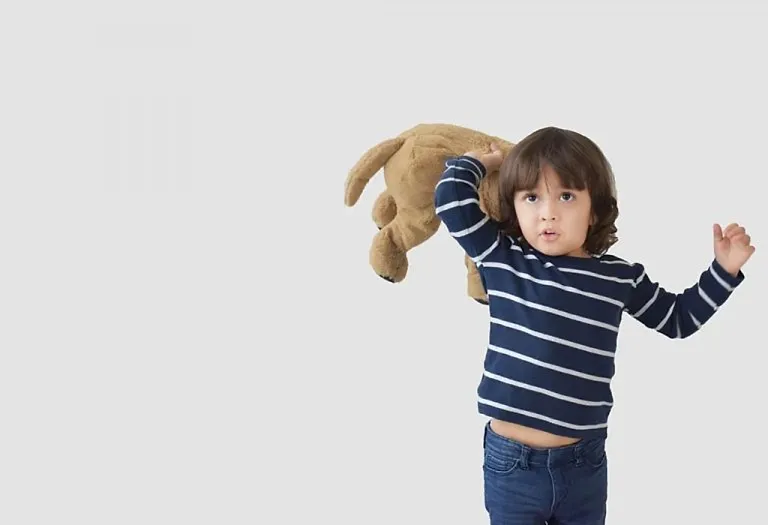
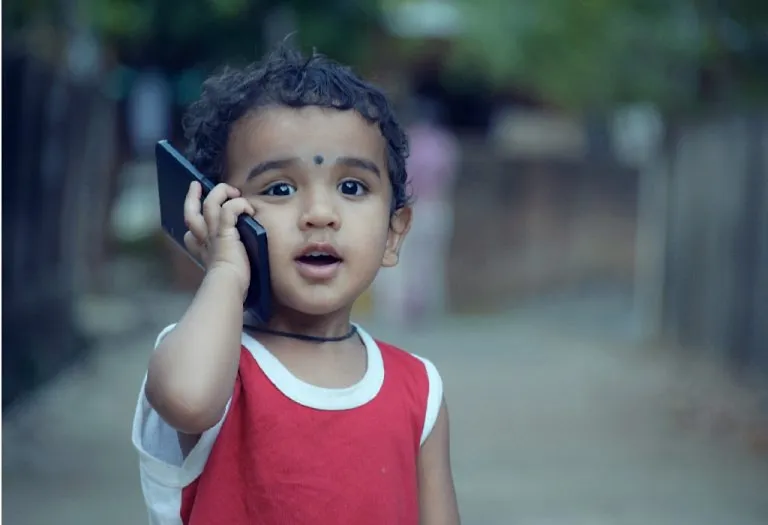
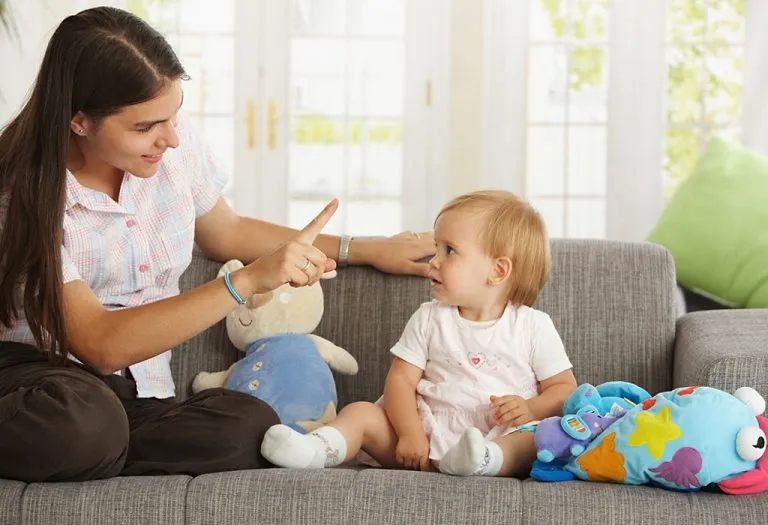
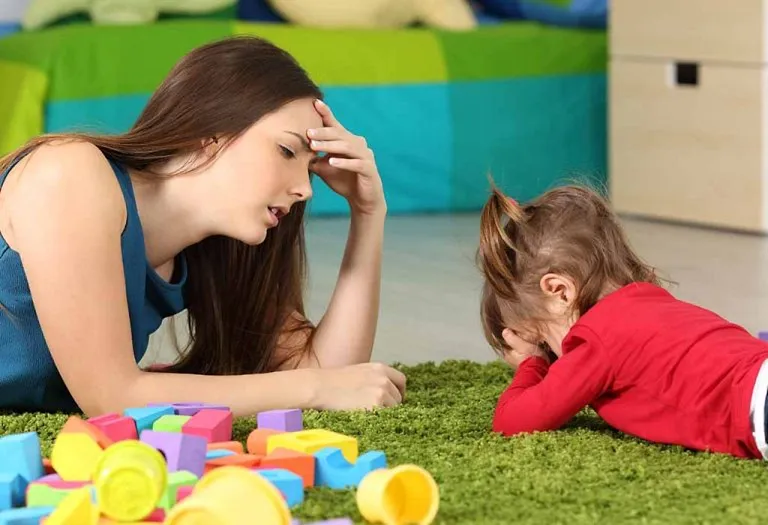
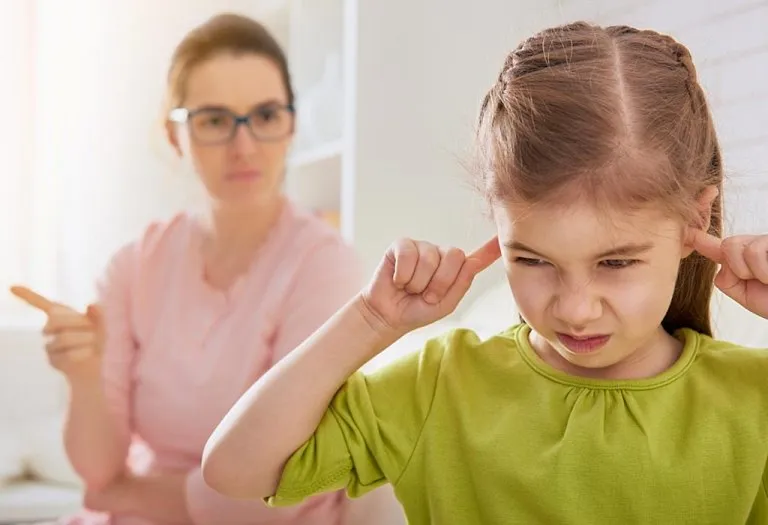
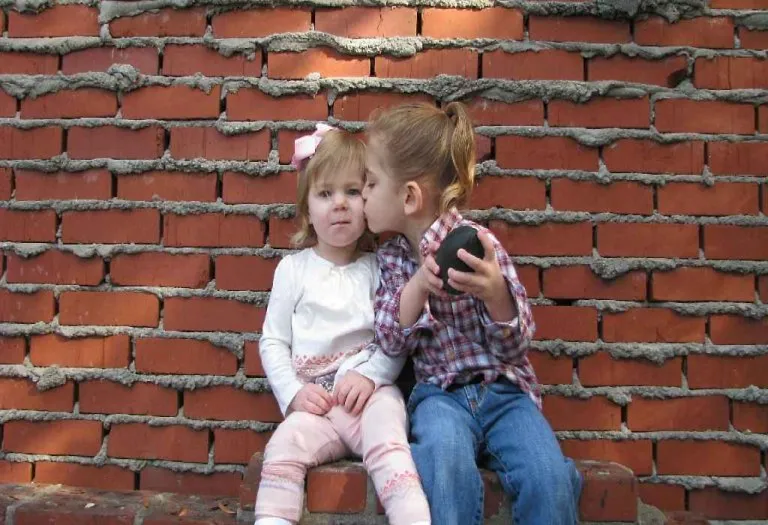


.svg)
















